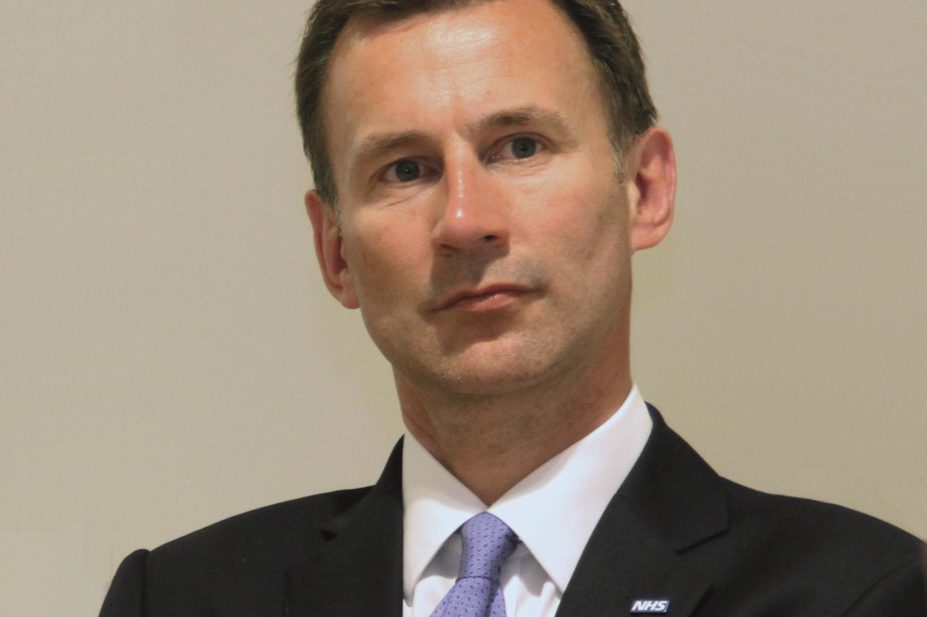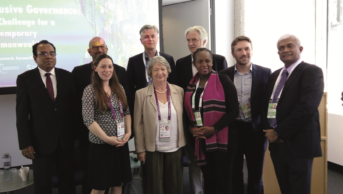
Wikimedia Commons
The UK is expected to have a “handful” of Ebola cases in the next three months, health secretary Jeremy Hunt told MPs on 13 October 2014, as he outlined the action the government is taking to limit any spread of the virus.
Any person who tests positive for the disease in the UK will be transferred to the Royal Free Hospital in London, which is the specialist centre for dealing with infectious diseases, he revealed.
But other isolation centres will also be established in Sheffield, Newcastle and Liverpool, bringing the total number of Ebola specialist beds to 26 across the UK.
Hunt revealed details of passenger screening at Heathrow and Gatwick airports and at the main Eurostar terminal for people arriving in the UK from West Africa. They will be asked to complete a health questionnaire and will have their temperature taken. Passengers not at risk will be given an emergency Public Health England (PHE) contact number to use in future if needed. Passengers thought to be at risk will undergo further clinical screening and be admitted to hospital if necessary, he said.
As part of the drive to identify potential cases of Ebola, all NHS 111 call handlers will now ask callers who have respiratory symptoms about any recent travel.
GP practice and hospital receptionists are also being sent alerts from the chief medical officer explaining what action to take if they suspect a member of the public may have Ebola, according to Hunt.
The steps being taken were revealed after NHS staff at the Royal Victoria Hospital in Newcastle and the walk-in centre at Hillingdon hospital in West London took part in two mock exercises to test the health service’s preparedness for a confirmed case of Ebola.
Public health organisations are also meeting to raise awareness of the risk of Ebola and how services can be prepared locally for any suspected cases. Community pharmacy representatives have been invited to attend.
Latest Ebola advice from the chief medical officer recommends that any person suspected of having contracted the virus should be isolated and further advice sought from a local infection specialist. A 24-hour PHE imported fever advice helpline — 0844 778 8990 — has also been established for NHS staff.
According to latest figures from the World Health Organization, up to 12 October 2014, there had been 4,493 deaths during this latest outbreak of Ebola and 8,997 suspected, probable or confirmed cases.


